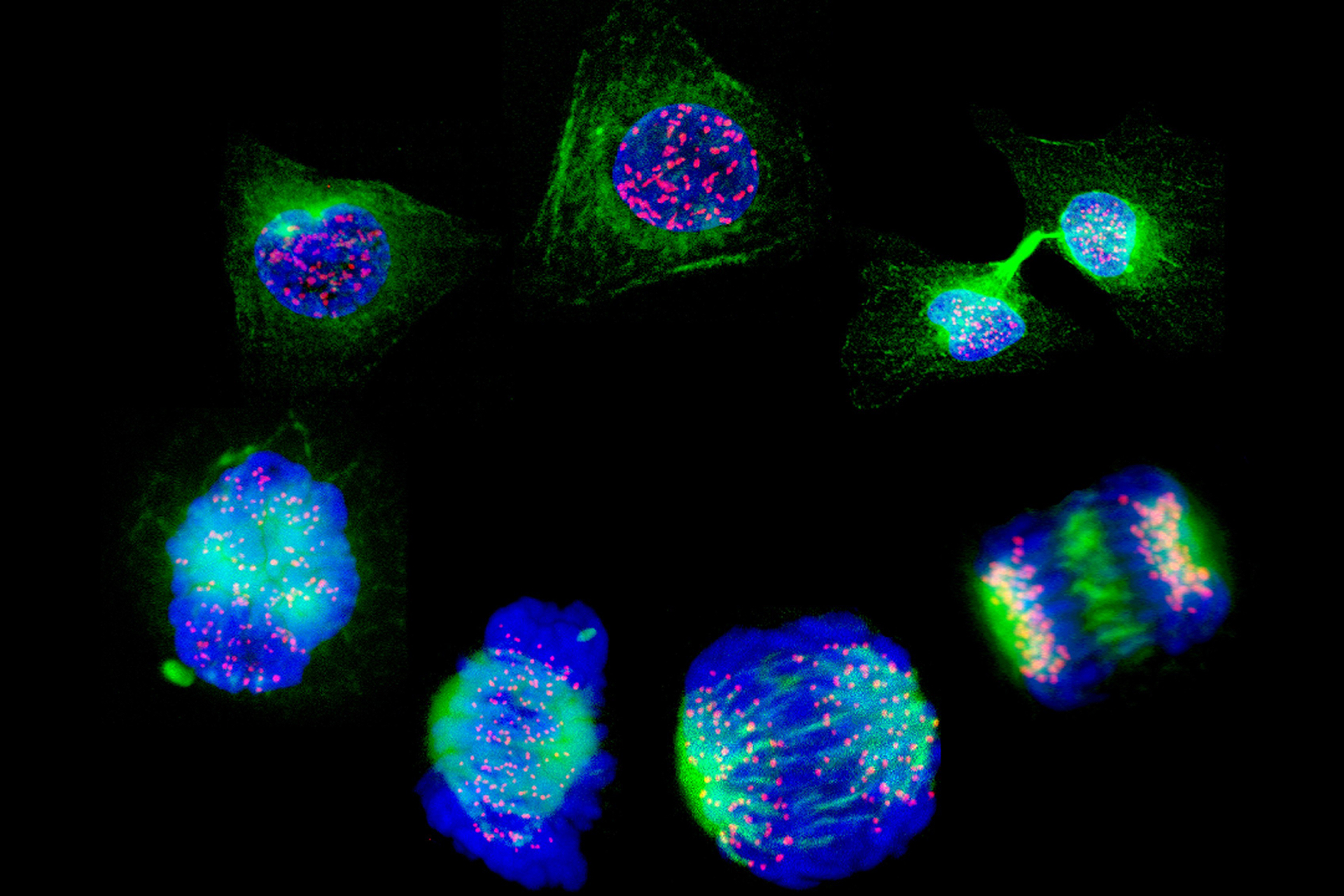A genetically engineered pig kidney has been successfully transplanted into a human recipient for the first time.
During a four-hour-long surgery at Massachusetts General Hospital (MGH) on 16 March 2024, a patient with end-stage kidney disease received a genome-edited pig kidney. In 2018, the patient received a kidney transplant from a human deceased donor, after being on dialysis for seven years. In 2023, the transplanted kidney began demonstrating signs of failure and the patient resumed dialysis. The MGH transplant centre team suggested a pig kidney transplant in the hope of improving his quality of life.
'We are grateful for the courageous contribution of the patient and to the advancement of transplantation science... This represents a new frontier in medicine and demonstrates the potential of genome engineering to change the lives of millions of patients globally suffering from kidney failure,' said Dr Mike Curtis, chief executive officer of eGenesis, Cambridge, Massachusetts, the biotech company that developed the genome-edited pig's kidney.
Researchers from eGenesis used the genome editing approach CRISPR/Cas9 to introduce 69 genome alterations to pigs. These modifications removed harmful pig genes and added human genes to make the kidney more suitable for transplantation. Moreover, to reduce the risk of infection, viruses that exist in the pig's genome were removed.
Previously, the research team used the same process to engineer pigs' livers, which demonstrated success in effectively filtering blood in a brain-dead man for three days (see BioNews 1223).
The surgery took place under a 'compassionate use' single FDA Expanded Access Protocol, which gives patients access to experimental treatments if they have life-threatening conditions where no other treatment alternatives exist.
With more than 100,000 people in the USA on the waitlist for organ transplants and 17 people dying each day waiting for an organ, xenotransplantation, the transplantation of non-human cells, tissues or organs into a human, could help the worldwide organ shortages.
'The success of this transplant is the culmination of efforts by thousands of scientists and physicians over several decades… Our hope is that this transplant approach will offer a lifeline to millions of patients worldwide who are suffering from kidney failure,' added Professor Tatsuo Kawai, the surgeon who conducted the procedure.
The patient, who was reported to be recovering well five days after the transplant, released a statement expressing his thankfulness to the clinical team that had taken care of him for 11 years: 'When my transplanted kidney began failing in 2023, I again trusted my care team at MGH to meet my goals of not just improving my quality of life but extending it… I saw [the pig kidney transplant] not only as a way to help me, but a way to provide hope for the thousands of people who need a transplant to live.'
Last year, a team at the University of Maryland Medical Centre in Baltimore transplanted genome-edited pig hearts into two men (see BioNews 1128 and 1209). However, both patients died within two months of the transplant, which was later found to be affected by a pig virus.
Sources and References
-
World's first genetically-edited pig kidney transplant into living recipient performed at Massachusetts General Hospital
-
Surgeons transplant pig kidney into a patient in world first
-
First human transplant of a genetically modified pig kidney performed
-
World’s first gene-edited pig kidney transplant breathes new life into man





Leave a Reply
You must be logged in to post a comment.